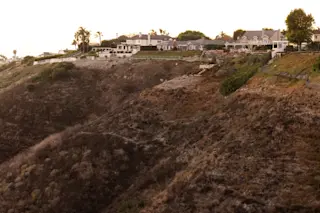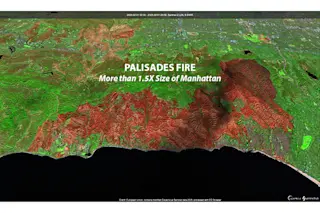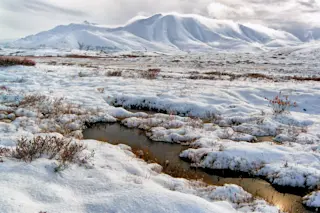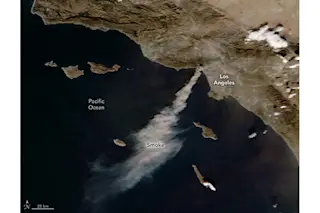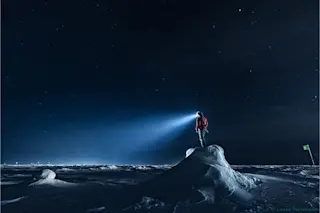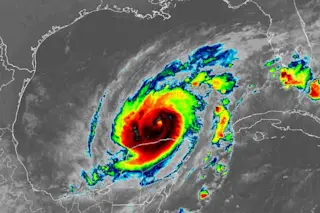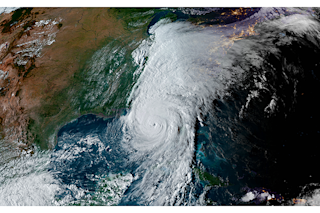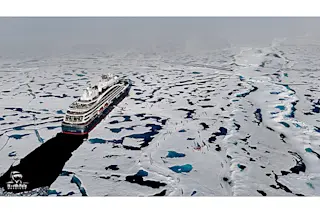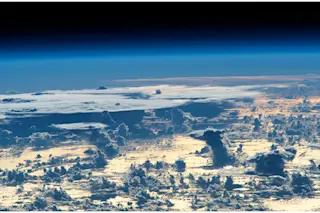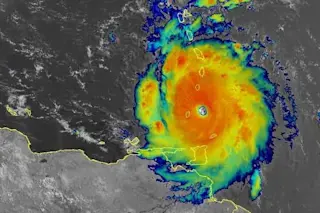The annual report was prepared by 69 researchers in eight countries, and was issued by the U.S. National Oceanic and Atmospheric Administration. What goes on in the Arctic doesn't stay in the Arctic. The researchers note that conditions in the Arctic can affect global weather, and point to the huge snowstorms that hit the American northeast and mid-Atlantic states last winter as an example.
"Return to previous Arctic conditions is unlikely." That's the understated conclusion from this year's Arctic Report Card, which found that air temperatures will continue rising and ice will continue melting in the Arctic as global warming continues to take its toll on the region.
"Normally the cold air is bottled up in the Arctic," said Jim Overland of the National Oceanic and Atmospheric Administration's Pacific Marine Environmental Laboratory in Seattle. But last December and February, winds that normally blow west to east across the Arctic were ...



